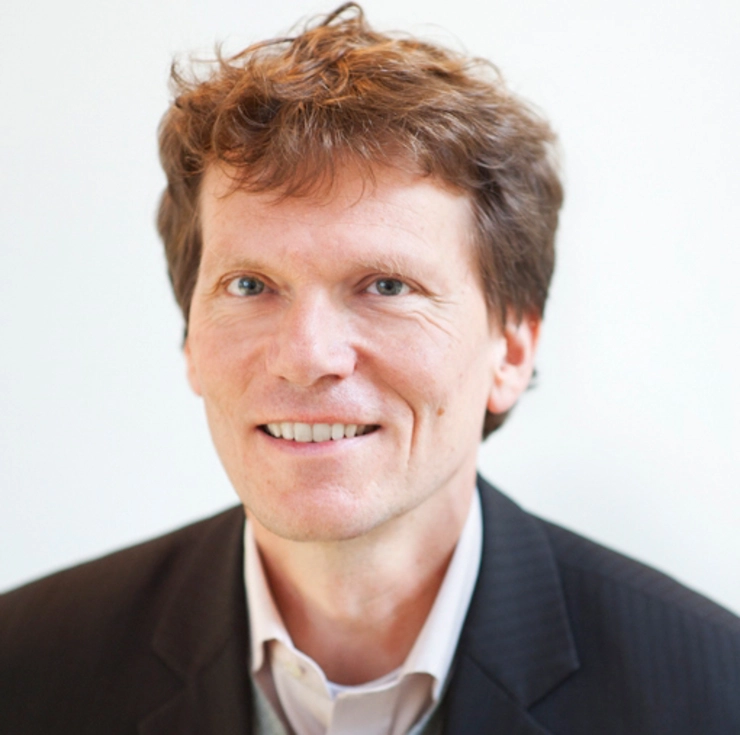Leibniz Prize for Director of the Max-Weber-Kolleg at the University of Erfurt

"The award is as much a pleasure as it is an honor for me," explains Hartmut Rosa. "I see it as an award for the good work that all colleagues at the Max-Weber-Kolleg at the University of Erfurt and at the Institute of Sociology at the University of Jena have done in recent years. And I want to put all my energy into finding ways for a better human future with the help of the funding."
Hartmut Rosa has been director of the Max-Weber-Kolleg in Erfurt since 2013 and professor of general and theoretical sociology at Friedrich Schiller University in Jena since 2005. He is also speaker of the DFG Collaborative Research Center TRR 294 "Structural Change of Property," which brings together social science research at both institutions and extends it to other subject areas. "Our research is not just about the distribution of income and wealth, but about a wide range of topics, such as the ownership of data, of gene sequences, of global resources up to the wind and raw materials on the moon, the question of who owns the city, or whether human organs can be property," explains the 57-year-old, whose publications, especially on the social acceleration or dynamic stabilization of modern societies and on a sociology of the world relationship or the concept of resonance, have been translated into numerous languages. Rosa's work is also attracting international attention - both in academic discussions and in an interdisciplinary and public context that goes far beyond this.
"We are delighted with Hartmut Rosa and congratulate him on this wonderful award," says Professor Walter Bauer-Wabnegg, President of the University of Erfurt. "The award is not only a testament to the outstanding research being conducted at the Max-Weber-Kolleg and FSU Jena, it also recognizes Hartmut Rosa as a sociologist who is recognized worldwide and who, at the same time, successfully communicates his research findings to the general public beyond the academic community."
... has been awarded annually by the German Research Foundation since 1986. Including the ten prizes for 2023, a total of 408 Leibniz Prizes have been awarded nationwide to date, 129 of them in the natural sciences, 119 in the life sciences, 97 in the humanities and social sciences, and 63 in engineering. The prize winners can use the prize money for their research work for up to seven years according to their own ideas and without bureaucratic effort. The award ceremony for the Leibniz Prize 2023 will take place in Berlin on March 15, 2023.
